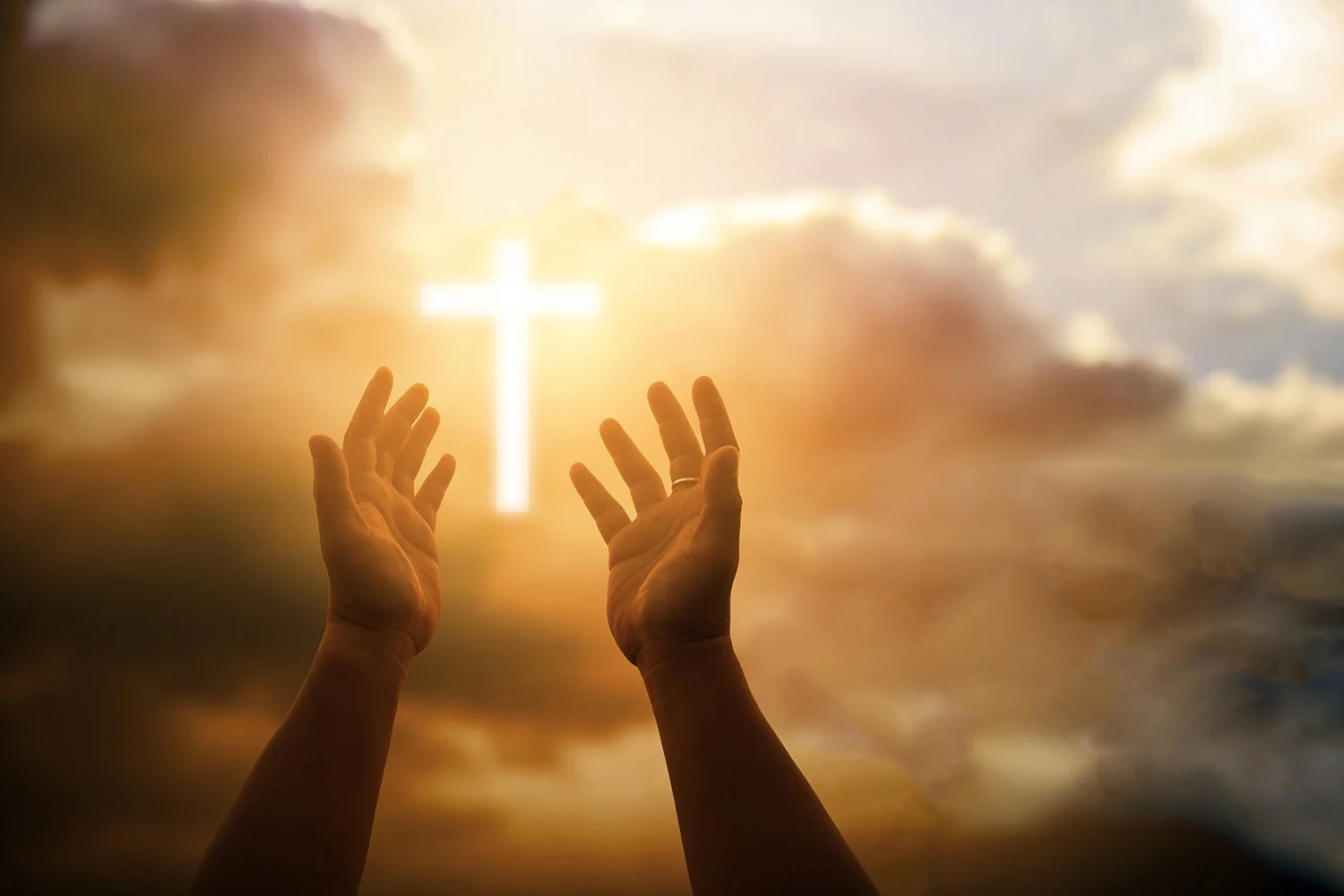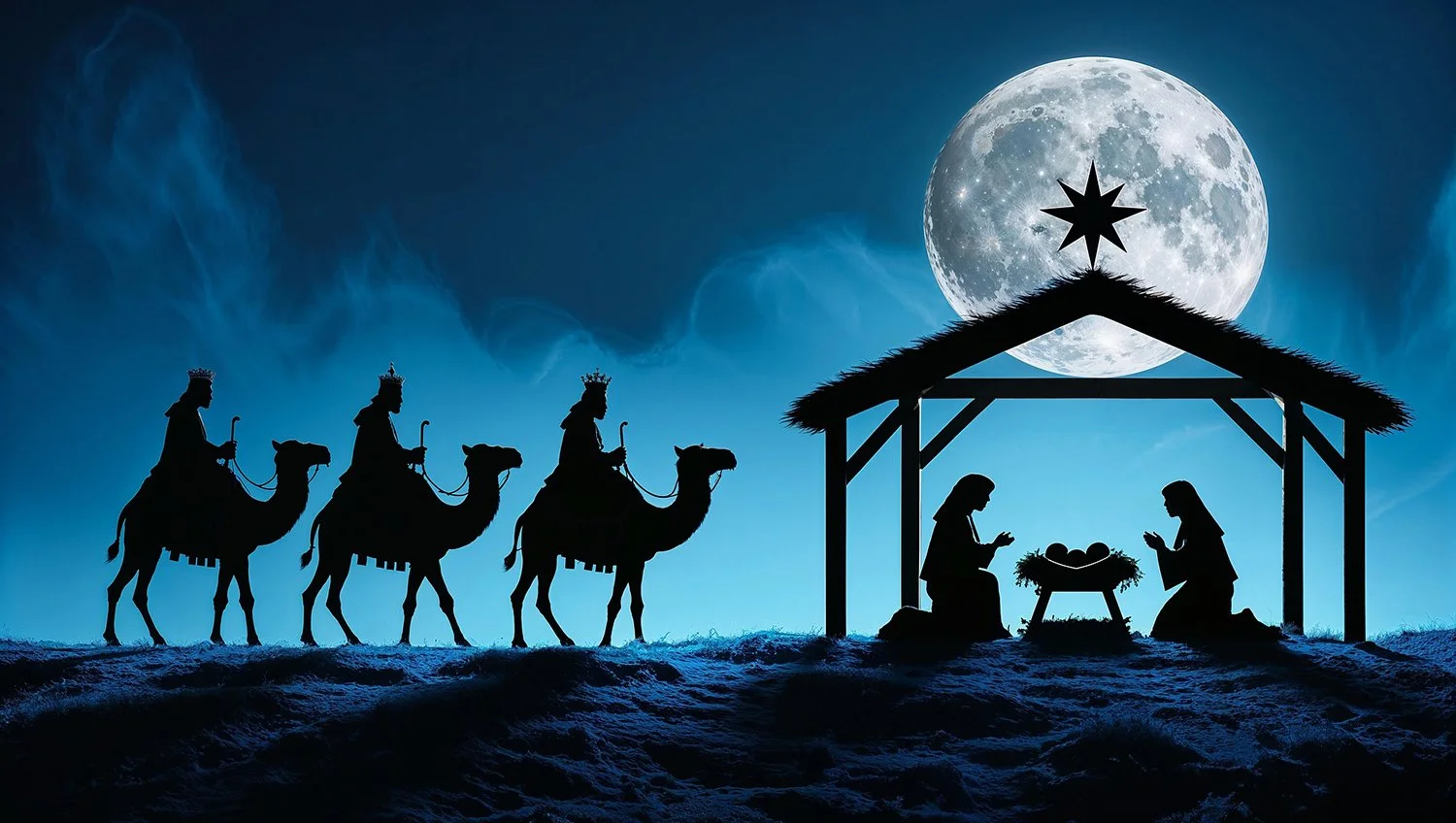Burn the Ships!
// George DeTellis, Jr.
On April 21st, in the year 1519, the Spanish explorer Hernando Cortez arrived on the coast of South America with about 500 men on 11 ships.
“God never disappoints faith.”
Cortez ordered that everything of value be removed from the ships and brought ashore. Then, he gave the order to burn all the ships. His men stood on the beach and watched as their only means of retreat were burned and sank into the sea. Cortez knew his crew was exhausted after the long sea journey, but he needed to inspire his men that their only means of survival was to win and conquer this new land. There comes a time in our life when we need to burn the ships to our past—terminating the possibility of sailing back to the Old World.
When Elisha burned his oxen yokes, he was burning his bridge to the past. To follow Christ is to choose a new life. To follow Christ is not just a makeover of your good looks, it is a takeover of your life. As Jesus said in Matthew 16:24, “Anyone who would come after Me, he must deny himself and take up his cross and follow Me.” Too many of us don’t obey the call of God like Elisha because we’re too focused on what we currently possess. Elisha had twelve pairs of oxen. He was a wealthy farmer with land and cattle.
“So Elijah went from there and found Elisha son of Shaphat. He was plowing with twelve yoke of oxen, and he himself was driving the twelfth pair. Elijah went up to him and threw his cloak around him. Elisha then left his oxen and ran after Elijah…. He took his yoke of oxen and slaughtered them. He burned the plowing equipment to cook the meat and gave it to the people, and they ate. Then he set out to follow Elijah and became his servant.” – I Kings 19:19-21
God never disappoints faith—faith to burn your ships! Elisha burned his bridge to the past when he sacrificed his oxen with their yokes.
There was an Italian named Francis who burned his bridge to the past. At 25 years of age, Francis of Assisi renounced his inheritance rights as the firstborn son. He had fought in a war and was held as a prisoner for about a year. The horror of war and the suffering of the poor affected him deeply. His father was a wealthy cloth merchant. As the first-born son he was entitled to inherit his father’s business and estate, but he refused to participate in any way. In 1206 Francis’ father brought him before the bishop of Assisi because he could not find a solution to their relationship. Francis tore his clothes off in front of the Bishop of Assisi and gave them to his father. The bishop threw his own cloak over Francis in the same way that Elijah threw his cloak over Elisha. Francis took a piece of white chalk and marked the back of the cloak with the sign of the cross. The cross on his cloak symbolized him taking up his cross as a crusader of the poor. He burned all the bridges to his past, took on vows of poverty, and devoted his life to the poor. He denied all to follow Christ. ~George DeTellis, Jr.



